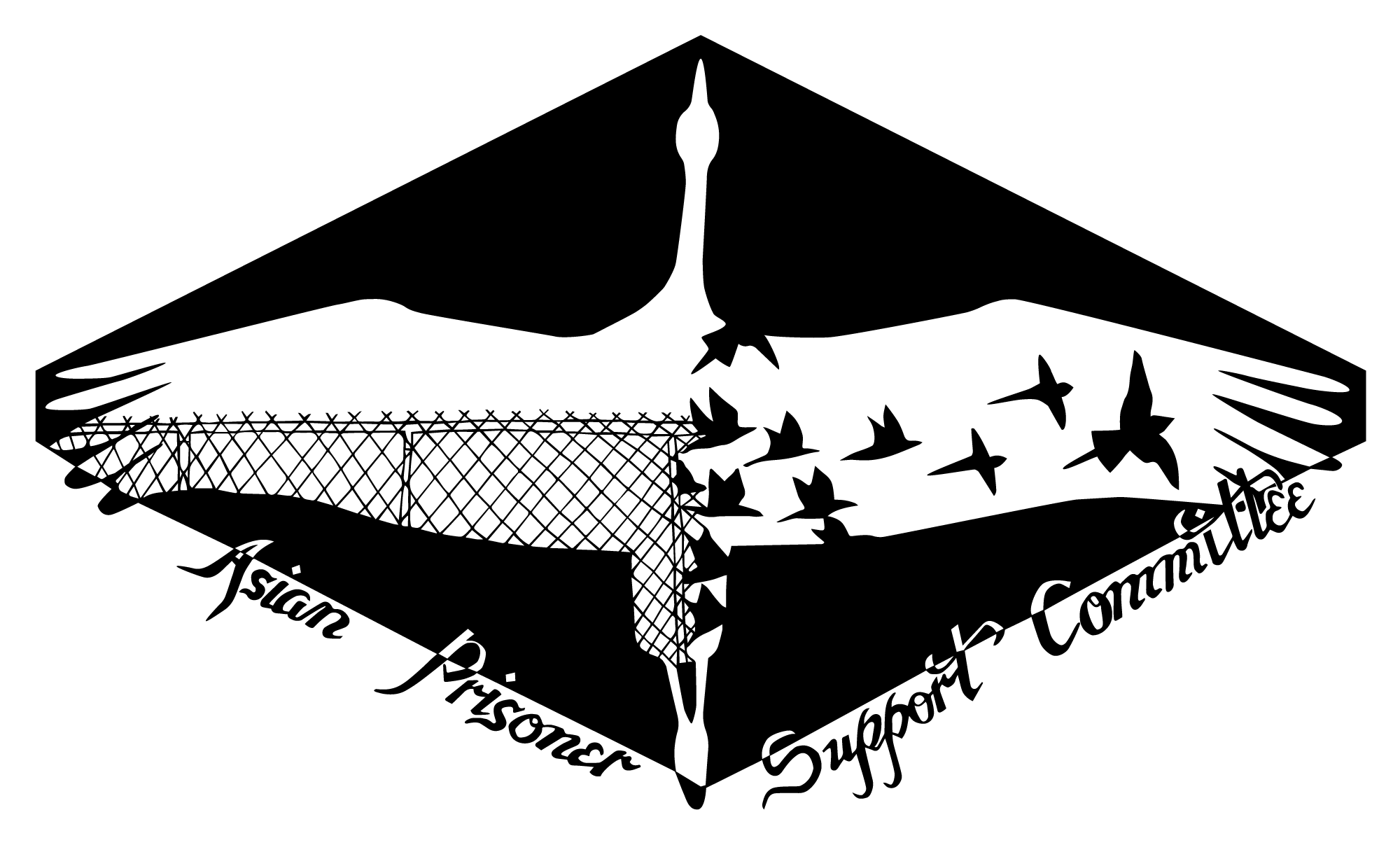Oakland-based Asian Prisoner Support Committee (APSC) has been selected as the 2022 recipient of the William J. Zellerbach (WJZ) Award for Social Change. Founded in 2020, APSC serves a group that is often overlooked in conversations both about criminal justice and immigration.
Allison Magee, Executive Director of Zellerbach Family Foundation spoke with Ny Nourn and Nate Tan, Co-Directors of the Asian Prisoner Support Committee, about their work, the impact of the carceral system on the API community, and what belonging means to them.
You’ve been doing this work for over 20 years. What is the one thing that is most important for everyone to understand about the Asian Prisoner Support Committee?
Ny: Our work grew out of support of the “San Quentin 3”—Eddy Zheng, Viet Mike Ngo, and Rico Riemedio – and their advocacy for an Ethinic Studies program at the prison (in retaliation by the prison administration, Eddy, Mike, and Rico were sent to solitary confinement). Our work focuses on expanding support for Asian Pacific Islander (API) people who are incarcerated, coming home from prison, or are at risk for deportation or detention by ICE, and centers the lives, experiences, and leadership of people that are directly impacted by these systems.
Nate: Our organization was born out of the struggle for freedom. Because of what Eddy, Mike, and Rico went through, we were able to shed a light on the fact that API people are impacted by incarceration, deportation, and ICE detention, something that is often overlooked and is missing from the mainstream narrative. Through our pursuit for justice for the San Quentin 3, we were not only able to get them free, but shed a light on how carceral systems impact API communities.
Tell us more about how your work and vision advances this year’s WJZ Award theme of bridging and belonging.
Nate: Belonging is an important part of keeping our communities safe. There is a stigma around people who are currently or formerly incarcerated. They face discrimination, are othered, and made to feel like they do not belong. APSC’s work humanizes the experiences of what incarcerated people – particularly API people – go through. By belonging to a movement or a community, people are able to share stories of their struggle, and shift the narrative about incarceration and reentry.
How will the WJZ Award help advance your work?
Ny: It will help us shift the narrative and destigmatize what it means to be a person from the API community who has been impacted by incarceration. There is a need to include this population in the narrative, and emphasize that – just like any other human – they are deserving of the same opportunities others have, regardless of their conviction, background, and status. In addition to narrative shift work, the WJZ Award will also help us provide essential support to people facing ICE detention, deportation, and socio-economic struggles to not just survive, but thrive.
Nate: Funding will support directly impacted people, narrative shift work, and movement building. What we struggle with is sharing our stories and bringing ourselves into conversations around incarceration, specifically the impact of the carceral system on API communities. The award will advance programming that highlights the narratives and stories of API people who have been impacted by the system, and create a difference in our community by promoting racial solidarity and healing across all races and cultures.
Who else needs to know about the Asian Prisoner Support Committee and what can they do to support your vision for change?
Nate: Changemakers, policymakers, and people who can influence the landscape of mass incarceration and detention. Mass incarceration and detention is not only detrimental to API communities, but communities of color across the board. We’re one of the few organizations that specifically serves API people who are formerly and currently incarcerated, but there’s so much work that needs to be done at the top to address unfair sentencing, ICE detention, and tough on crime policies that disproportionately impact poor communities of color.
Ny: This is a racial justice issue. This work is about power building and solidarity. We need changemakers who are able to bridge our work with other communities, and for all of us to build a racial justice movement. If people of color know about this work, they can and should be part of building power to end mass incarceration, detention, and deportation.
What is the call to action you have for the AAPI community, Bay Area residents, or other funders?
Nate: The ultimate goal is to see communities come together. Join the movement to address mass incarceration, family separation, unfair detention, and double punishment for people who go through the prison-to-deportation system. We’re asking people to learn more about the issue, participate in our work, and continue to uplift and take action to help support impacted people. When we are all free, we can be safer and not look to carceral systems to solve our social ills.
Ny: Envision the safe world we want to create, and reimagine how we can collectively work together to steer away from something the current punitive carceral system that does not work. Be open to collective healing, leaning on one another, and keeping each other safe. We can break free from systemic racism, the struggle we’re currently in, and the systems that continue to harm our communities.
Learn more about the Asian Prisoner Support Committee at www.asianprisonersupport.com, or follow them on Twitter, Facebook or Instagram.
Learn more about the WJZ Award for Social Change


